I don’t want your spiritual creativity, Julia, it’s way too exhausting
A review of the first 3 weeks of The Artist’s Way, or how I feel like I was lied to, instead of getting a magical liberation.
After years of glowing testimonials about The Artist’s Way transforming people’s creative lives, I finally caved and picked up a copy. Not that I feel particularly blocked or in need of help with my creativity, but when everyone keeps raving about magical transformations, you start to wonder what you might be missing. And don’t they say you don’t know what you don’t know? Maybe I am creatively blocked after all!
Today, I’ll share some reflections on the first three weeks of the program. I’m writing this as I’m doing the program in July, on the Saturday before reading week 4 (it’ll come out later because I’m a champ at procrastinating spellchecking and creating graphics). And boy, do I have things to say!
For those unfamiliar, The Artist’s Way is a book by Julia Cameron, in which she presents a 12-week program for artists to reclaim their creativity and improve their mood with spirituality. Every week you read a new chapter, do writing exercises, and complete homework before starting all over again.
I appreciate the format: my autistic brain does very well with routine, habit building, and small bites of content with immediate application. But (because there’s a butt), I find that most of the advice given by Julia smells, baaaad, especially in a neurodivergent context.
God, are you there?
I’d heard chatter about the presence of god and religion in this book, but people caveated it because Julia says you don’t need god to read the book. In a way, that’s very true! She states directly in her intro that belief in her specific god isn’t required, and that it can be substituted by any other big force, or just glanced over.
I appreciate her efforts in being inclusive, but she fails in execution. It’s not that I don’t believe in her god, it’s that I don’t believe in any god at all, nor in any big hidden force, nor in any higher power of any kind!
And at that point, her argument fails on its face. Despite her efforts, her framework is still deeply rooted in belief in something. For Julia, creativity is spiritually significant. She systematically calls to that higher power to explain where inspiration comes from, to justify the origin of that force you’re nourishing yourself with, and where you’re getting your talent from. This is wonderful for her, and for all the people she helped, but since I don’t belive in shit, I just can’t access any of that advice!
For example, the conclusion of week 3 is about synchronicity. In theory, I agree with the basic idea (if you do stuff and meet people doing the same thing, you’re likely to talk to them and maybe get opportunities or stuff from that), but Julia’s description was calling on god and them answering prayers, and honestly that’s completely useless to me.
I don’t want any mystical in my creativity, thank you very much
I’ve come to the conclusion that I don’t want that brand of mystical creativity in my life. The myth of the artist with muses and great inspiration is all good and dandy, but I don’t see how I could sustainably have that for myself and not be an exhausted, overwhelmed mess.
I don’t want to receive inspiration from god that needs to be received in all its glory and infinity and urgency. That’s just way too big for me. I want small, manageable, gentle creativity that I can fit into the little spaces of my life. I have a full-time job, can you see how impractical a creative fit at 10am would be?
The descriptions Julia gives of creativity also deeply resemble an autistic meltdown, and that’s just no fun at all. Or maybe just a special interest tunnel, but that’s hardly better because I come out the other way being just as tired and exhausted, and then I still need to do all the housework and go to work-that-pays-the-bills as well.
I just can’t have a mystical experience and go back to real life as if nothing happened! There needs to be some downtime, some recovery. Big emotions and tumultuous all-encompassing creative acts can’t happen in a vacuum. It takes a toll on the artist (I see why the greats are all insomniac addicts with a temper), and Julia ignores that. This romantic chaos that supposedly underlines creativity ignores all I need to be happy: order and routines, predictability in my schedule, and manageable sensory inputs.
One of my biggest pet peeves with The Artist’s Way so far is that Julia comes from a position of great privilege and doesn’t seem to know it. Setting aside the autism-specific stuff, we can look at morning pages: no matter how early I start writing them, I still have to log in for work at 9am, I can’t just stay there until my brain vomits 3 full pages! Julia sees the emotional burden that morning pages can provoke, but she glosses over the practical problems — and the program is full of them.
But I want magic in my life \*whines\*
But then we come to the actual tension in my life right now: I very much do desire a life filled with magic and romanticism and all that jazz! Now I can’t quit my job and start being an artist full-time, but I still want to feel special, for my life to be a story of its own.
I want romanticized walks along the Seine, coffees on a balcony, slow mornings with journal writing, and creative projects that feel meaningful without consuming my entire existence. I want the aesthetic of the artist's life — the notebooks, the inspiration boards, the dedicated creative space — scaled down to fit around my actual responsibilities.
I think my resistance to The Artist's Way goes deeper than just the god stuff, though. There's something about my relationship with this kind of romantization of thinking itself that makes Julia's mystical approach both appealing and impossible for me.
I know there's a causal relationship between my fixation on narrative and my ambivalence towards reality. I want events in my life to be meaningful, to be worthy maybe not on its own but against a broader unfurling story, to interact with other people in clear ways that build into something bigger. The idea that time could pass and nothing could come of it makes me uncomfortable. Sometimes days end without offering anything remarkable, things are boring and forgettable. I know life can't be exciting all the time. But also, why can't it be?
This is where Julia's mystical creativity becomes seductive. Her version promises that every creative moment is divinely inspired, that synchronicities will guide you, that your artist's dates will reveal profound truths. It's narrative on steroids—life as constant meaningful development! And I want that with all my heart, while my brain is firing up all its neurons to keep me safe from the inevitable meltdown that would come from constant stimulation.
But I don't think my perspective is unique. A lot of people live their lives, consciously or not, in pursuit of narrative, and are then either gratified or dissatisfied by the result. "Do it for the plot," we tell ourselves, you know?
Oh wait, everyone feels this way
I initially stopped this piece after that "not unique" paragraph, but I realize I can't in good conscience end there. I'm not unique (duh), and I'm so not unique that all the good French poets talked about it before me (with much better words!)
The French have this whole phrase for it — "le désenchantement du monde" — which basically means we lost the magic when the world got modern. Baudelaire1 was crying about it in the 1800s, watching factories sprout all over Paris, and trying to find beauty in the grime. And here I am, 200 years later, having the exact same crisis!
It's weirdly comforting and deeply annoying at the same time. Like, great, I'm part of a grand tradition of people who can't just accept that the world is moving on, the train of progress, blah blah blah. But also, if we've been dealing with this for centuries and still haven't figured it out, what hope do I have?
The worst part is, now that I’ve remembered my literature classes, I did open those French poetry books, and yes, I did find it validating and soothing. How cliché; my teacher was right: art will help you when you feel sad.
Some argue that our desperate search for meaning in creativity is part of the problem. They say that we should accept the mundane nature of creative work, embrace the ordinary, and find peace in the absence of cosmic significance (or find a god, but I’m not leaning that way for now).
I think they're missing the point. It's hard and monotonous to be alive: the yearning for magic isn't the problem — the problem is that it's mostly inaccessible to us in this world. Julia’s (and society’s) idea of creativity demands too much: divine inspiration that can't be scheduled, overwhelming spiritual experiences that leave you drained, synchronicities that require constant vigilance for signs.
So I have no conclusion and no advice, only to try for yourself and find little bits of magic and happiness where you can. Sorry, that feels a bit off, a strange way to end this little newsletter — honestly this entire last section feels a bit unfinished. But then so do my thoughts on this topic: this is very much top of mind for me right now, and I am nowhere near having understood enough to make a clear stand.
I feel a bit upset and shameful at sending this to you. I have better standards than that for the quality of writing I want to put out — but this feels like a seasonal feeling other might also go through so it felt thematic! If you have any tips or revelations of your own, please do share them below, I am very much in need :)
On that wonderfully depressing tone, have a nice week and see you next time,
Or if you need a pick me up, a lighter, funnier, brighter bit that i wrote:
If you want to stay melancholic, that one will do:
i wanted to add an example here, but i can’t find a translation of the poem that i like. I’m sure they’re all great and made by talented translators, but i can’t find any that gives me the same feelings than the original in French. Sorry :/



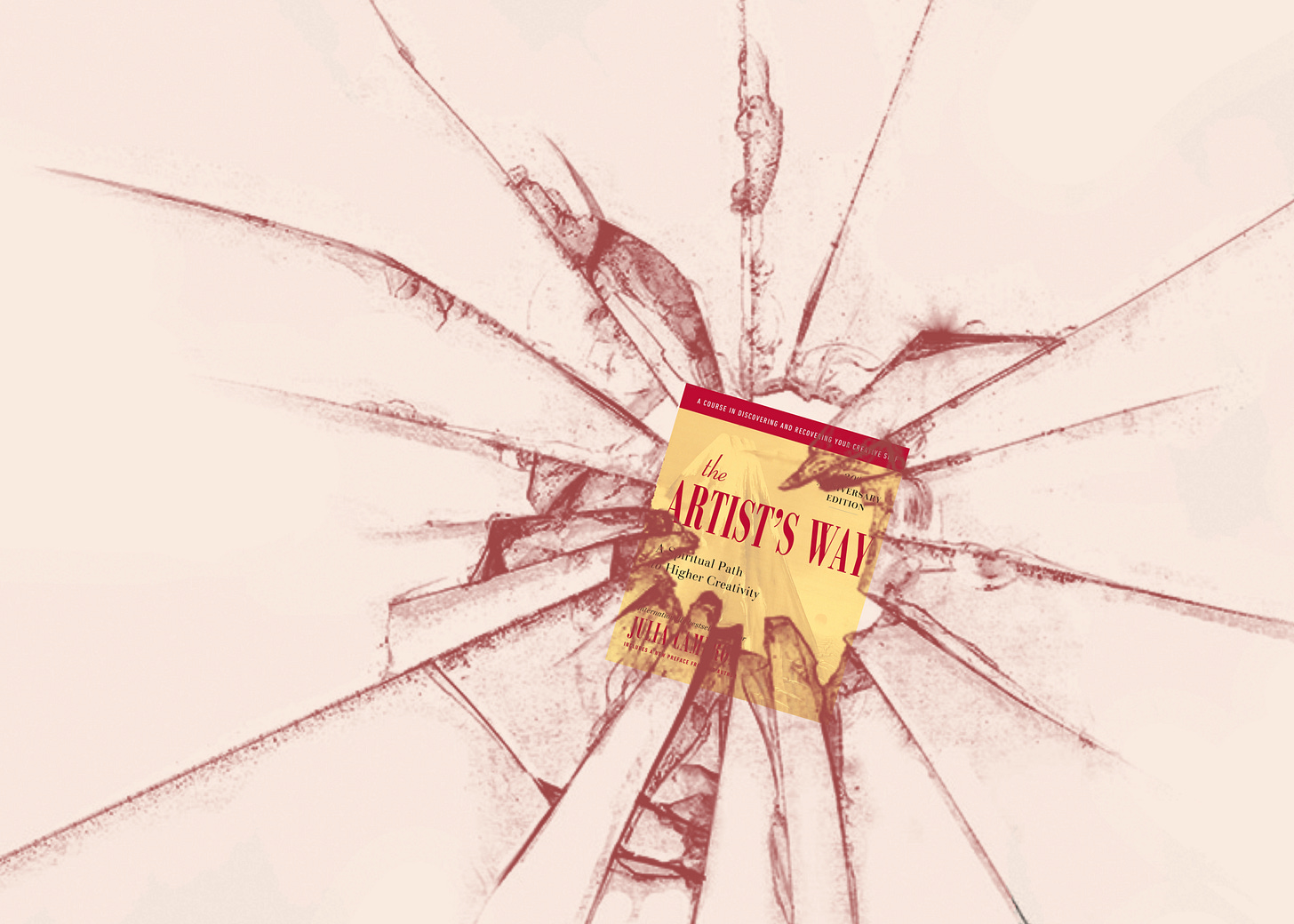
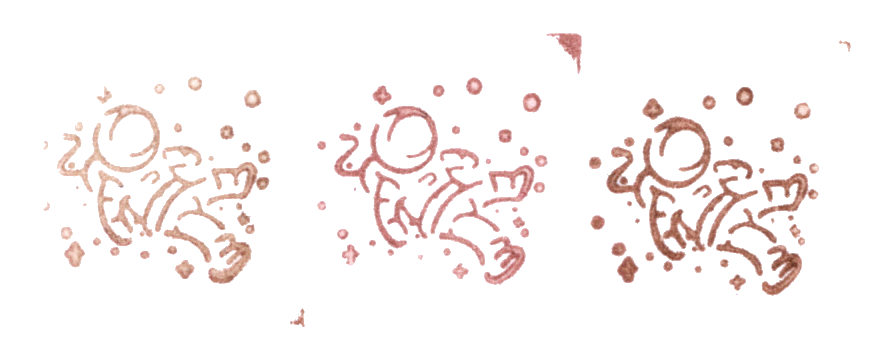

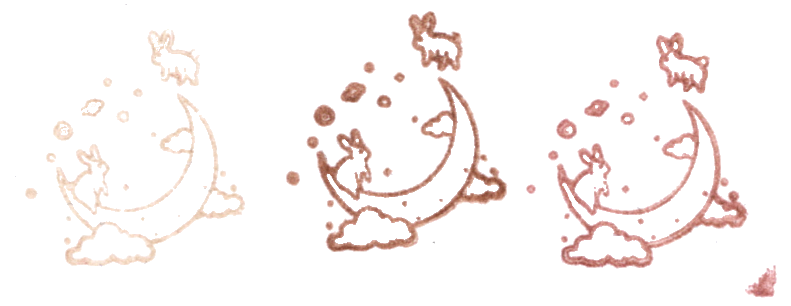


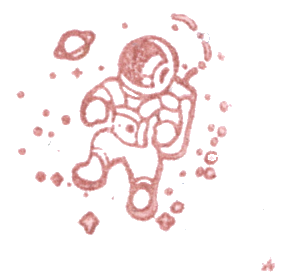
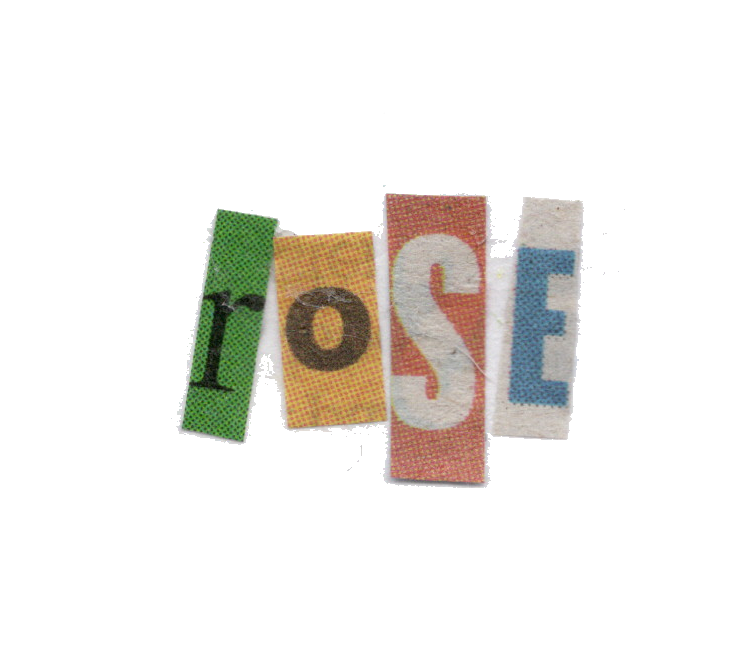
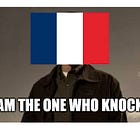

The coming from a place of privilege thing is hard for me to deal with. My “creative projects” feel so self serving. I should do something for someone else with that time and energy.
Have you read The War of Art by Steven Pressfield? He’s pretty into the higher power idea. I’m embarrassed to say it but I think he might be right. Or at least I find it a useful framework.
So much of me doesn’t like the book The Creative Act by Rick Rubin. Talk about not acknowledging your place of privilege. On the other hand many of his annoying koan-style reflections or provocations did resonate with me.
Those are a couple other sources I’ve come across while thinking about this area.
I get this and appreciate your honesty. I have also gotten frustrated with The Artist's Way and never finished it 🙈. One thing though that I've come to believe - synchronicity (and in many ways creativity in general) doesn't rely on a greater force.
For me, I see the point of exercises to grow a creative practice about freeing space in our brains to make connections and see things that are always there... "synchronicity" is just noticing them. Takes some of the pressure off 🤷♀️